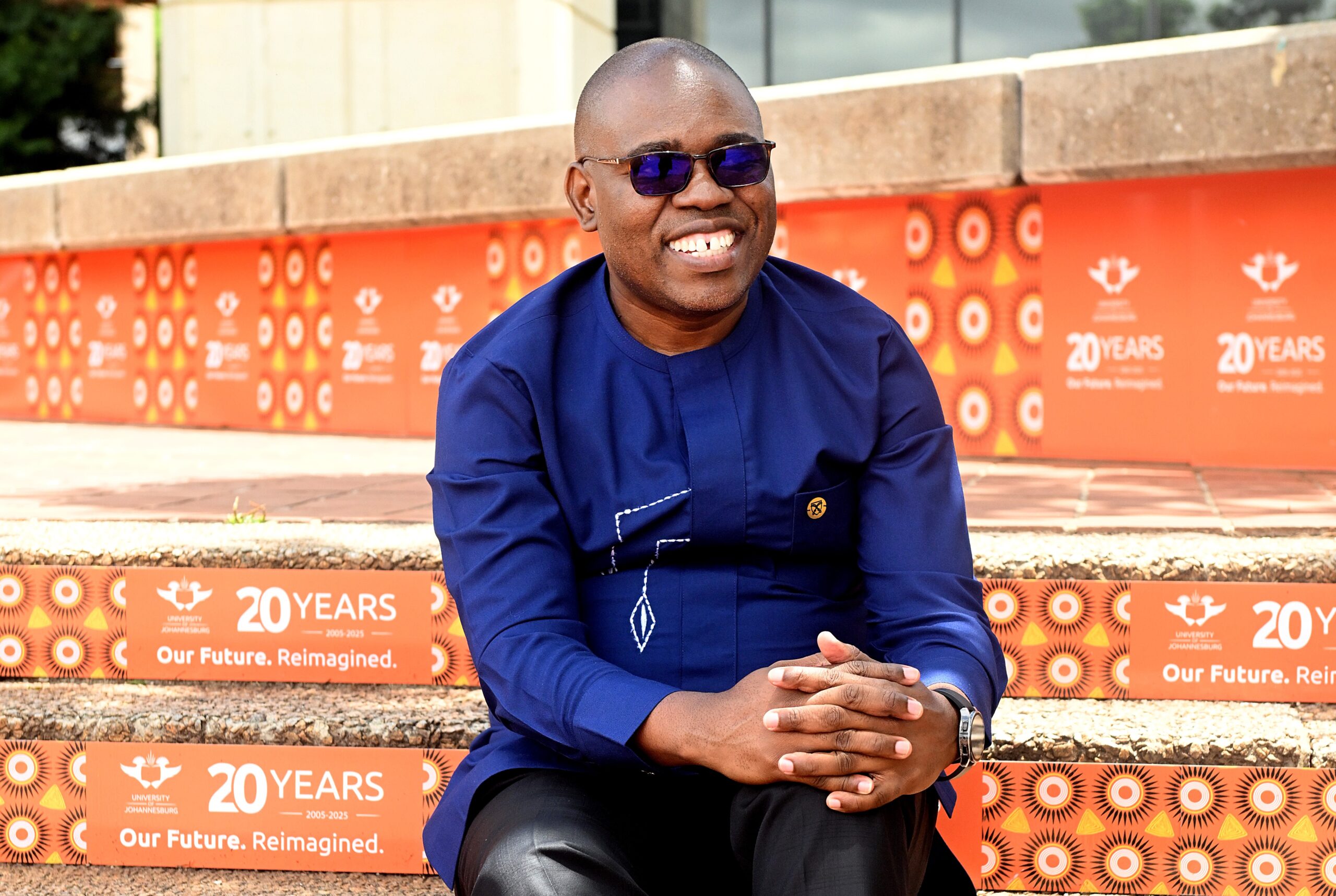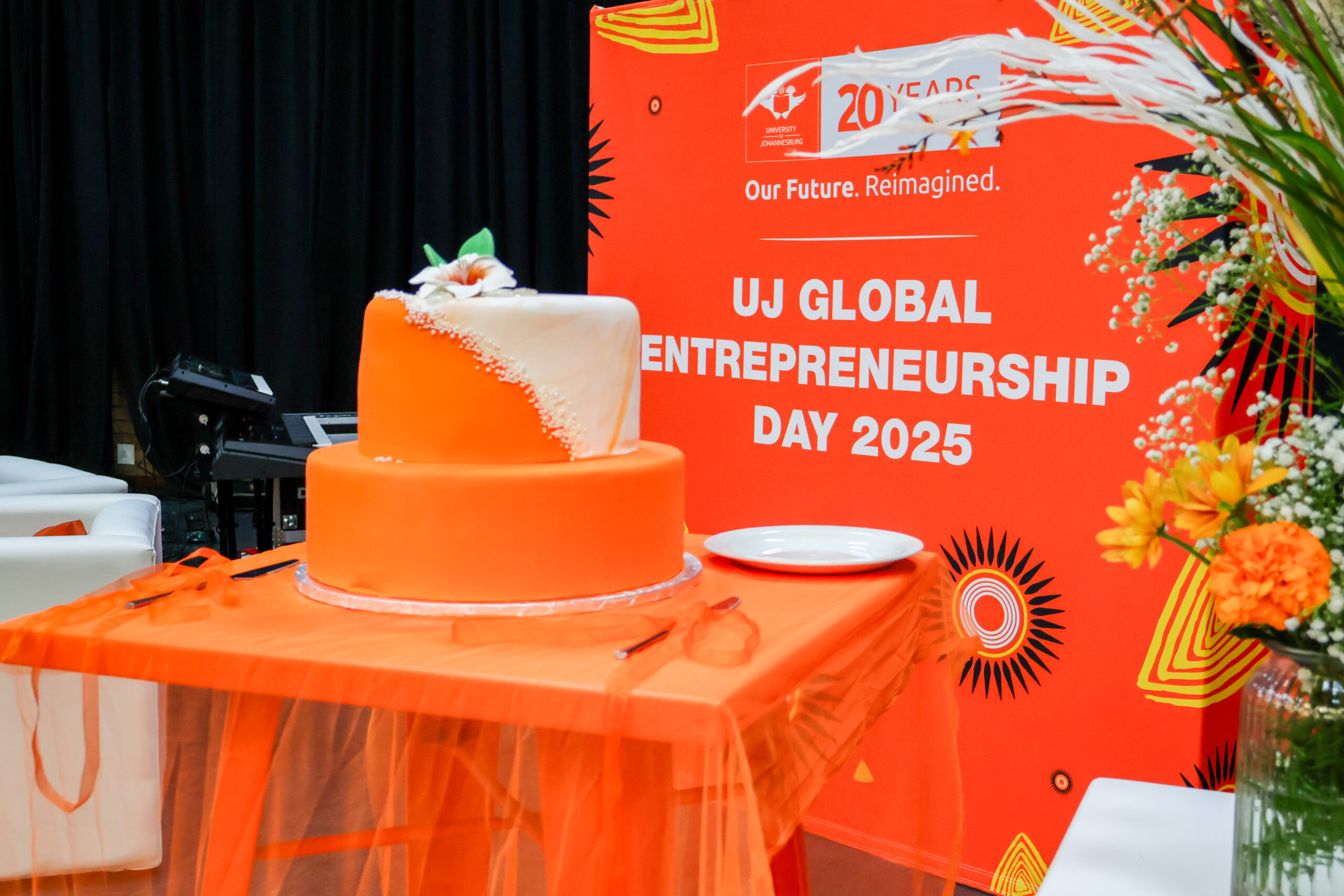On 15 May 2025, the Johannesburg Institute for Advanced Study (JIAS) launched its new URGENT/EMERGENT seminar and conversation series with a compelling opening session titled The Machine and the Margins: Literary and Digital Scholars. The seminar, held at the JIAS microcampus in Westdene and online, explored the complex intersections between artificial intelligence, literacy, and the humanities.
Professor Victoria Collis-Buthelezi, Director of JIAS, and Dr Anaïs Nony, Senior Researcher, welcomed participants and set the tone for the series. Referencing Judith Butler’s recent lecture in South Korea on Democracy and the Humanities, Prof Collis-Buthelezi positioned the seminar as a space to reimagine the relationship between democracy, the humanities, and artificial intelligence. “We are invited to reenchant the human’s relationship to study in light of AI,” she said. Dr Nony offered a concise history of AI from the 1920s to the present, urging attendees to consider the global inequalities that persist: “Two-thirds of the world has access to the internet and generative AI, while one-third is still without safe water.”

The keynote discussion featured literary scholars Dr Kelly Timlin and Dr Sarah Gordon from the University of the Witwatersrand, who examined how digital technologies—and particularly social annotation—are reshaping teaching and learning in the humanities. In response to growing concerns about AI-driven plagiarism, they explained how they “hacked” traditional assessments by shifting focus to collaborative reading practices. “The essay invites students to plagiarise,” said Dr Gordon, arguing that ChatGPT and other AI tools merely expand the means of doing so. The deeper issue, she suggested, lies in the design of assessment itself. She called for a renewed focus on reading: “Deep reading is hard. But students cannot write original content if they cannot understand what they’re reading.”
Dr Timlin added that generative AI challenges long-held views of writing as an expression of individual genius. Instead, it opens up possibilities for collaborative knowledge-making. “Our classroom pedagogy of social annotation—students reading and writing in the margins of texts—restores the link between reading and writing as collective practices,” she said. Both scholars highlighted that ethical warnings about plagiarism are increasingly less effective than peer-driven calls for relevance in discussions, whether online or in person.
As AI continues to evolve, The Machine and the Margins made clear that meaningful engagement with reading, writing and knowledge must remain central to higher education—especially in the humanities.

The URGENT/EMERGENT seminar series continues weekly on Thursdays from 3pm to 5pm (SAST), with upcoming speakers including Professor Efua Prah (University of Johannesburg) on African migration politics, Professor David Scott (Columbia University, US) on revolution, Professor Ruchi Chaturvedi (University of Cape Town) on the violence of democracy, Professor Mohammad Shabangu (Colby College, US) on the double bind of African literature, and philosopher Paolo Vignola (Università di Bergamo, Italy) on the Anthropocene.
The URGENT/EMERGENT series, established in 2025, offers a platform for critical, transdisciplinary dialogue on the political, historical, technological, and cultural forces shaping 21st-century societies.



